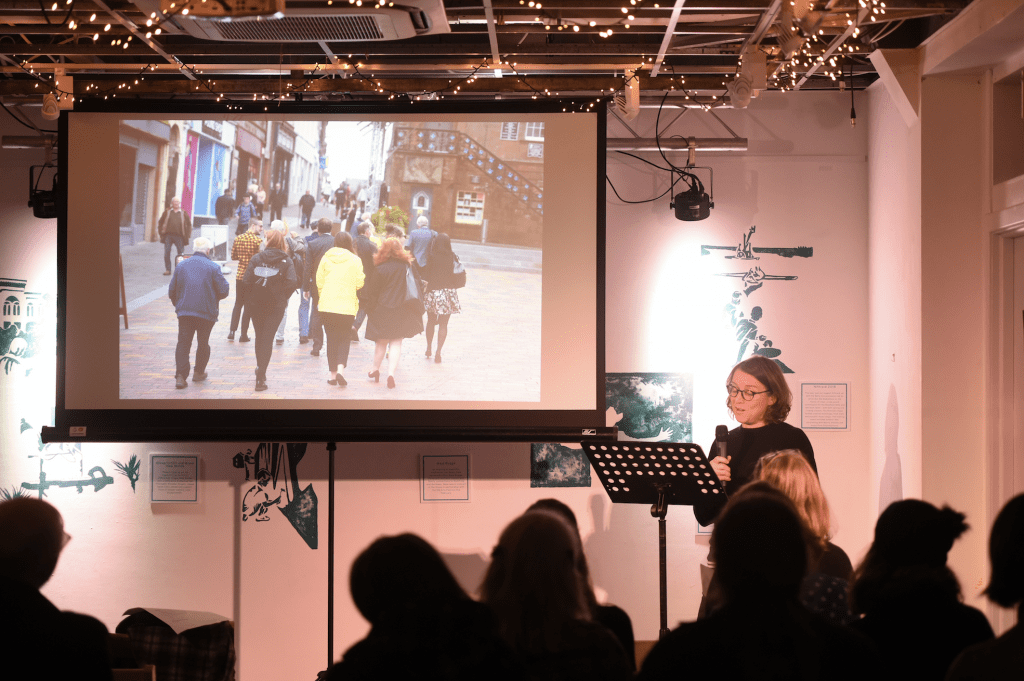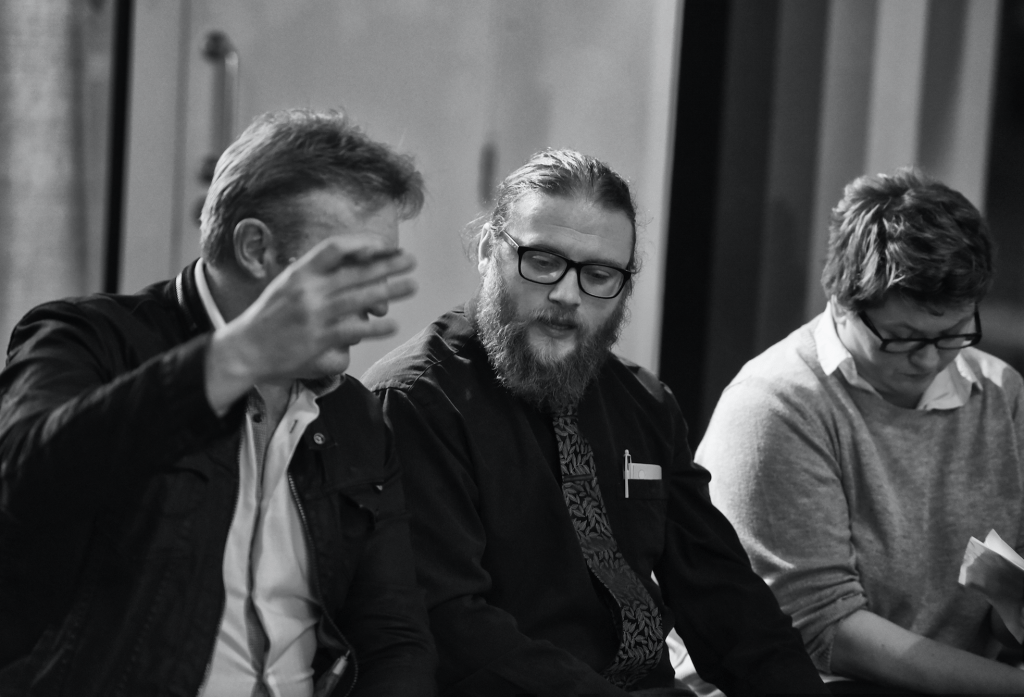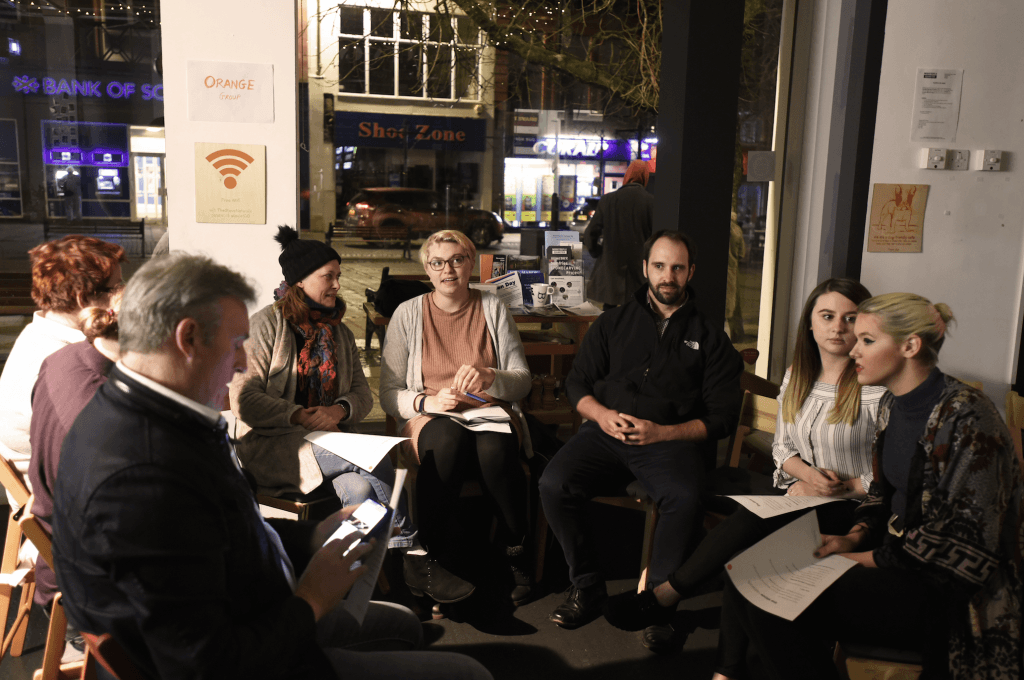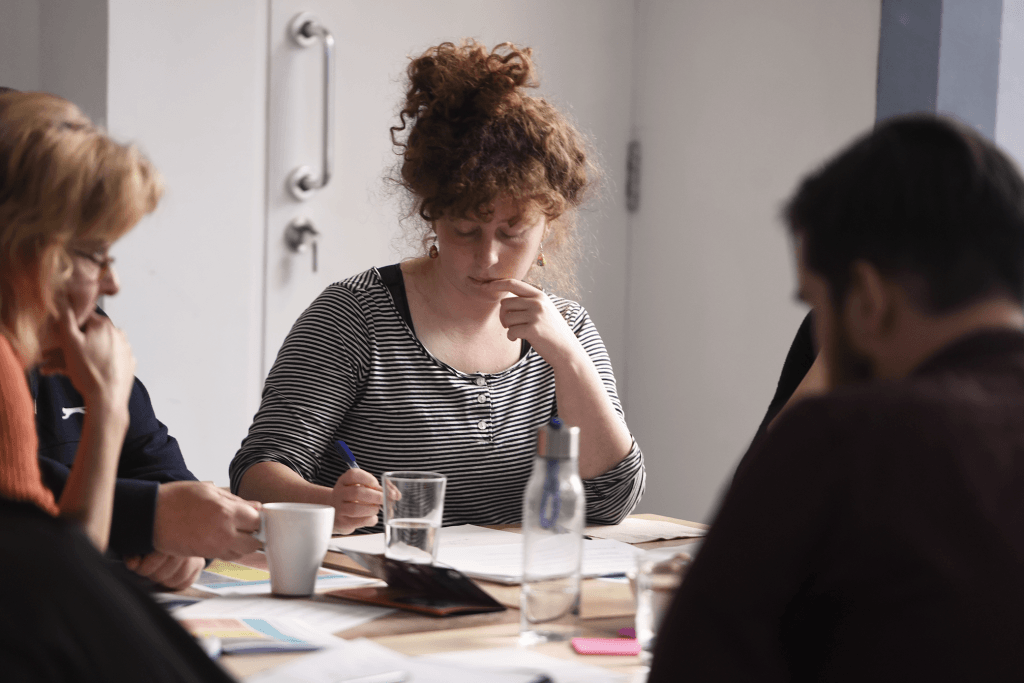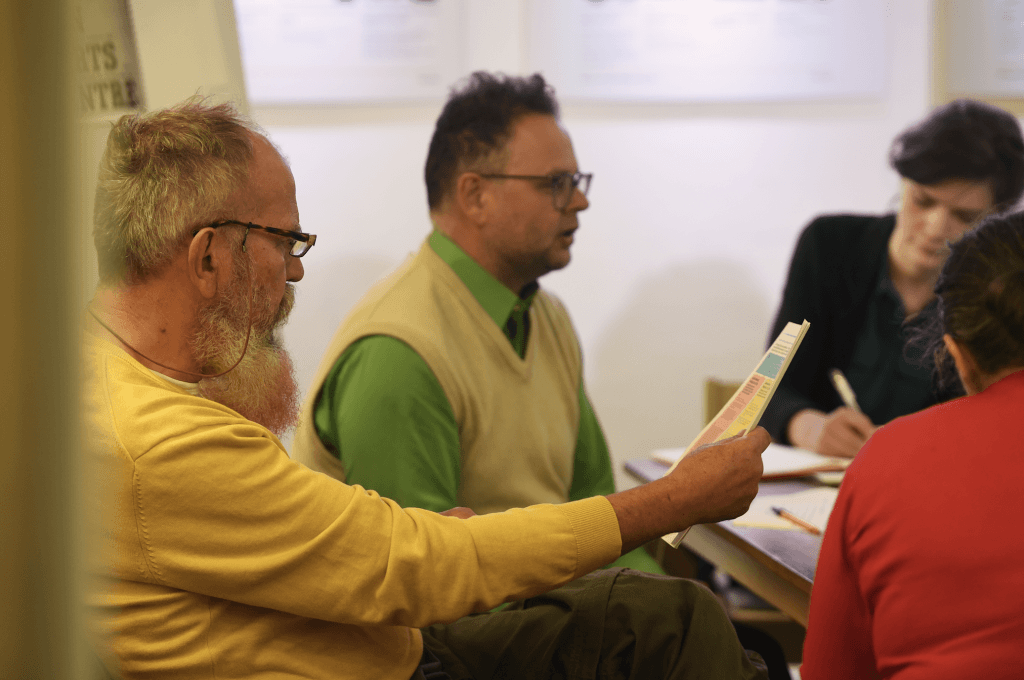This is The Stove’s response to the call-out from the Cross-party Committee on Culture, Tourism, Europe and External Affairs on the impact of covid-19 to Scotlands Culture and Tourism sectors and how our sector should be supported at this time.
We see it as part of our role in the region to advocate for those working in the creative sector in D+G but there is strength in numbers so we strongly encourage others to send in responses so that as many voices can be heard as possible – link here
Response submitted on the 17.8.2020
This response comes from our experience as a community focused organisation in the High Street of Dumfries, ongoing discussion with the freelance creative community of Dumfries and Galloway, the small groups and businesses we work with and as many of the national discussions and emerging reports we can sanely be part of.
Q – how best the industry can be supported during this unprecedented time.
We need urgent support for the freelance creative economy in Dumfries and Galloway in the form of a) paid work opportunities for freelancers, b) support for local arts infrastructure to effectively support freelancers and c) support for a network that can learn and share learning from this activity.
This paper develops a series of proposals for support and a long term vision through an understanding of the cultural sector that has been brought into sharp focus by COVID.
NEEDS
- We need devolved local delivery of support that takes into account the monumental variety of work and structures that produce and deliver it within our sector at a grassroots level
- We need a long-term VISION that embraces innovations in how we value cultural and creative work – wider social benefit, place-based initiatives and community wealth building, localised power and delivery
- We need to talk about what we have missed, not just what we have done, and be clear on who has not been heard or supported
- We need to be honest about the “real” long-term impact of support, who will not benefit and why. We need to share and recycle ALL support given – if we invest into spaces/buildings/large institutions for example, how can they then pay that forward to others in the sector and their surrounding community through resource, space, knowledge sharing, local expertise and procurement and be held accountable to that?
- Fundamentally we need a grassroots and sector-led approach led by the people who make creative work and the local communities it should benefit and be a part of
OUR FOCUS IN DUMFRIES AND GALLOWAY
Our building and community is a non-residential and transient community. At the very start of lockdown it became clear that others were better placed than us to provide the type of community care roles that we have seen a lot of creative place-based groups and organisations take in the field creative community-led work we operate in.
Our focus became the immediate and devastating impact on our local community of creative freelancers who are the pillars that hold up the region’s creative sector – small creative businesses, local projects, independent festivals and events across SW Scotland. The freelancers in our community do not have a platform in national conversations on arts, culture and their economic impact and value, advocating for them as well as providing work opportunities and networking support became our way to act.
We have been approaching this twofold – by taking part in as many of those local, regional and national conversations as we have capacity for and actively working with our membership and creative community so that the grassroots of the sector can be as loud and visible as possible in shaping how we move forward.
For our small acts of solidarity and creativity see our Homegrown Blog
Atlas Pandemica is a new project, like Homegrown, specifically developed in response to COVID, it commissions artists to gather and react to stories of the pandemic’s impact on often unheard voices in our communities and develop creative visioning for going forward into a more socially inclusive future.
It is this grassroots workforce in creative and cultural activity alongside local groups and organisations that we have seen as key collaborators and indicators of the resilience and innovation by local folk and communities.
Our long-term, strategic aim here is to support a regional network of Creative Placemaking activity that helps build and sustain a robust creative workforce whilst responding to real need at local community level.
GRASSROOTS CULTURE
The creative and cultural sector that is embedded in communities is under-represented across our national agencies and as such also lacking in engagement and relative collection of data in terms of their wider economic impact for our places and communities.
The Stove’s recent Embers report, April 2020, highlighted the necessity of supporting community-led, localised action and the lack of understanding of the value of this work to healthy economies. The grants for self-employed creatives were welcome but they do little to consider and understand the expense needed to continue to work as a freelance worker in our industry (support for three months of living/work expenses in Scotland coming out lower than the UK average of £2900, under £1000 a month) SEISS Statistics.
” Performers and other creative practitioners like me earn on average £10k a year and do not fit within the Chancellor’s characterisation of those left out of the SEISS. It is claimed that those who are excluded represent just 5% of the self-employed workforce, earning on average £200k – this is very clearly not the experience of the more than 40% of Equity members who have not been able get support so far.” – Equity letter to Government
Excluded UK estimates that 3 million freelancers across sectors have been excluded from any support.
This needs to be courageously recognised so that it can be addressed in the plans we now take forward. Through our experience this includes, but is not limited to, the following groups and activities in cultural and creative industries:
- Voluntary
- Community-led
- Freelancers
- Young emerging and those not registered as self-employed
- Vulnerable groups and minorities
- Informal learning programmes and groups
- Independent festivals and events
“Creative workers–one of the more vulnerable sectors of the workforce–are already seeing devastating impacts on their income, not only in turnover terms, but also in their charitable contributions and sponsorships. Leaving behind the more fragile part of the sector could cause irreparable socio-economic damage.” – p5 Oxford Economics Report – The projected economic impact of cvoid-19 on the UK Creative Industries 15.6.2020
Our ideas around this add to the pool of information, research and experience coming from creative freelancers across the globe, community groups and workers, academics, think tanks etc. to justify a more holistic and creative approach to economic recovery that makes use of our community groups and organisations (Community Wealth Building, Carnegie Trust on Wellbeing, Wellbeing Economy, Anchor Organisations). We need the investment to start making it happen and the courage to do it in a localised, place-based way.
Through our work at The Stove we have seen the impact that can be had when the ground is made fertile and people are given the agency to develop and grow things locally.
A CULTURE COLLECTIVE
We see an opportunity to devolve resource and power to local people by supporting creative freelancers and groups and organisations that are already working as part of their communities to develop locally responsive projects that can also take advantage of cross sector opportunity for long-term benefit.
“What if we were to pay out of work people in the Creative and Community sectors a fair wage to work in their local communities to start new projects (or build on things started in lockdown) – these could be cultural projects like choirs, writer’s groups etc. but they could also be environmental projects or new social enterprises. Our skill set is to ‘make shit happen’, we are producers, innovators and entrepreneurs! If this National Task Force was to get things started then the national agencies and funders could come in behind and help take things to the next level and, before you know it you have communities making their places, economies and health better.“
“The premise is simple – our Embers report has clearly shown the pivotal role played by creative practitioners and small creative organisations to initiate and maintain momentum in placemaking projects. These may start with cultural projects, but quickly develop into new social enterprises, asset-based and environmental initiatives. In short – do some cultural pump-priming in a community setting and the payback in terms of community resilience, economic development and people’s wellbeing is incredible.“
This idea is based on power of community and cross-sector collaboration and respondent to the Guiding Principles from the Report by the Advisory Group on Economic Recovery – p12. More on the development of this can be found on The Stove Blog here
A LONG TERM VISION
We believe support needs to align towards a clear VISION that can be shaped by the changing needs of the sector and is representative of the wide variety of work this includes – notably the less heard voices of creative freelancers, voluntary and community-led groups and organisations. It needs to be local, be a collaboration between the sector and our communities and feed the local innovation that is already there.
Carnegie Trust UK’s recently published (1st July 2020) “Conversations with Communities” initial findings state it brilliantly
“The COVID-19 emergency has let us see what only the state can do – set up hospitals; fund research into a vaccine; shift resources to the front line – and what only communities can do – mobilise and respond quickly by building on existing relationships; pool collective resources; think creatively about what assets are available.”
“While the Government is able to float ideas for action, these can only become a reality through collaboration with the arts and creative sector. For example, the idea of a National Arts Force needs all of us in culture to come together and work with other bodies to shape a plan that can make this happen…only we the creative practitioners on the ground know how this could work…we must take our place at the discussion table for the sake of everyone who works in our sector and for society at large.” – https://thestove.org/creativity-and-community-as-part-of-the-national-recovery/
We have the knowledge, we have the tools, we have the live projects that are working and the historical examples of what activities and investments are impactful in a deeper, wider sense of economic resilience and wellbeing, now is the time to stop pitching our systems to big business and outdated ideas of ‘growth’ as a measure of societal success.






